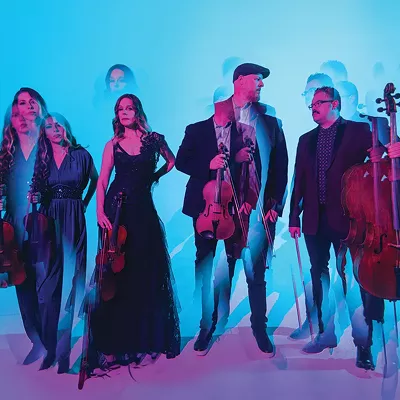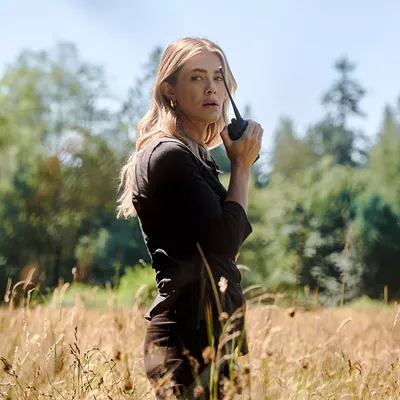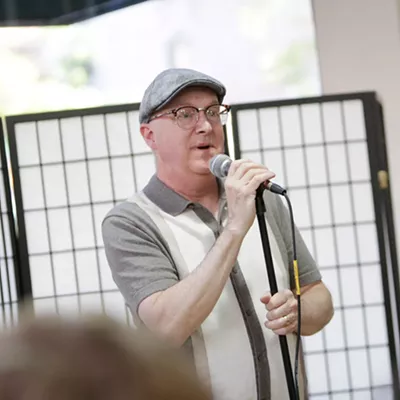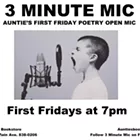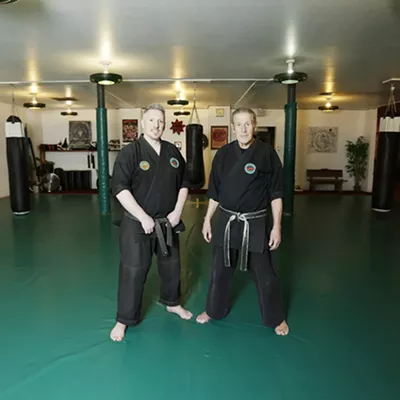
During the 2018-19 Spokane Symphony season, five candidates vying to take over for Eckart Preu as music director will lead shows at the Martin Woldson Theater at the Fox. As they do, we're asking a few questions to get to know them a little better.
The final candidate is Jayce Ogren, currently the artistic director of Orchestra 2001 in Philadelphia, and assistant conductor of the Cleveland Orchestra from 2006-09. He will take the baton for this weekend's program, "Classics 9: Russian Virtuosity," which includes works from Samuel Barber, Sergei Prokofiev and Modest Mussorgsky, with cellist István Várdai guesting.
INLANDER: You'll be conducting cellist István Várdai in Prokofiev's ostensibly "unplayable" Symphony Concerto. As a composer yourself, what's the appeal in writing something so unforgiving? And can you think of any classical works billed as "unplayable" that truly are?
OGREN: Composers have always pushed the limits of playability, and we've all benefited tremendously from their innovation and courage. Pieces that were nearly impossible to play and conduct (or listen to!) 100 years ago — like Stravinsky's The Rite of Spring — come together easily in a few rehearsals today, and are beloved by audiences around the globe. Prokofiev didn't set out to write an unplayable piece. He was trying to express something potent and beautiful, and these were the notes and rhythms that poured out of him.
The "New Complexity" school of composition practiced by Bryan Ferneyhough and others beginning in the 1980s gave birth to pieces that truly are unplayable... for now. We'll just have to wait and see where the outer limits of human dexterity and cognition lie. Regardless, the insanely unreasonable virtuosity of Ferneyhough's music creates a tension and energy that I find really compelling. Check out his music. But be prepared for a very wild ride.
There's quite a bit of opera in your repertoire, and a wide range at that: Britten and Rossini, Perla and Mozart. To overcome popular stereotypes of horned Viking helmets and glass-shattering arias, opera advocates should:
a. Start a petition to remove the Looney Tunes cartoon "What's Opera, Doc?" from distribution and broadcast.
b. Agree to a 10-year performance moratorium on all things Wagner.
c. Bring in Lin-Manuel Miranda.
d. Other: _____________________
There are aspects of opera that are an incredibly easy sell: think love stories, murder plots, beautiful sets and atmospheric lighting. But other aspects are acquired tastes for modern audiences, especially the vibrato-laden style of singing. I love acquired tastes (what if I'd never tried another oyster after that first time?), and I don't think we should apologize for loving and promoting an art form that requires attention and investment. I didn't like opera as a young musician, but the more I came in contact with it the more I fell in love.
All this being said, there's so much we can do to attract a new generation of opera lovers. Offer modern productions that relate to present day issues. Cast singers who are also superb actors. Perform in smaller halls (as composers intended) to allow for greater nuance and dynamic range, as well as a more enveloping sound experience for an audience accustomed to amplified performances. Lin-Manuel Miranda could help! And please, let's hope we've seen the last of the horned Viking helmets.
Do you listen to classical music while training for your marathons and triathlons? If so, which pieces give you the biggest adrenaline boost?
I almost never listen to music while I'm working out, mostly because I always have music running through my head! I also think of my runs and rides as times to soak up my environment, to be truly in the moment and alive. Wearing headphones would numb me to that experience, I think. The main exception is when I ride my bike on the stationary trainer, when I'll often listen to Steve Reich's Music for 18 Musicians. It's 70 minutes of relentless, pulsating rhythmic drive. Turn it on for your next ride and try to pedal to the beat. It's definitely a challenge!
Your guiltiest pleasure?
My wife Carly and I have absolutely no self-control when it comes to pizza. And we live in New York, so that's a problem. We're completely surrounded by hole-in-the-wall slice joints, fancy Neapolitan-style places, old Brooklyn-style spots and everything in between. If I had to choose a last meal, it would be a margherita pizza with a good glass of red wine.
If you weren't involved in music professionally, you'd be doing:
I've often had people ask me if I do voiceover work, which could be pretty cool! Maybe a new side gig? I've always loved theater, and I can imagine that I could've gravitated toward a career as a stage director. It's all about bringing out the very best in a great work of art and the people who perform it. I get to do that with music, and it's the most rewarding job on the planet.
Your elevator pitch on why everyone should come see the "Russian Virtuosity" concert.
There's a strong public perception of classical music as "relaxing." Huh? Classical music is a roller coaster! It takes you to every possible emotional extreme. The three pieces on our "Russian Virtuosity" program are at turns exhilarating, romantic, crass, charming, melancholy, uplifting and so much more. If you want to feel alive, refreshed and inspired, then this program of great, dramatic music is for you. ♦
Spokane Symphony Classics 9: Russian Virtuosity • Sat, April 13 at 8 pm and Sun, April 14 at 3 pm • $19-$60 • Martin Woldson Theater at the Fox • 1001 W. Sprague • spokanesymphony.org • 624-1200





